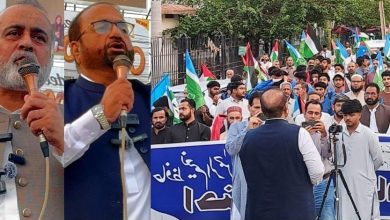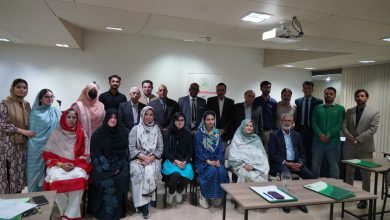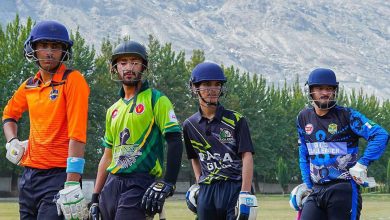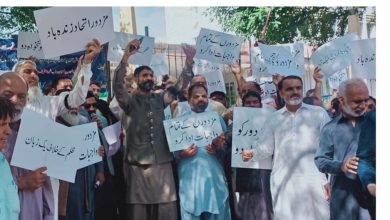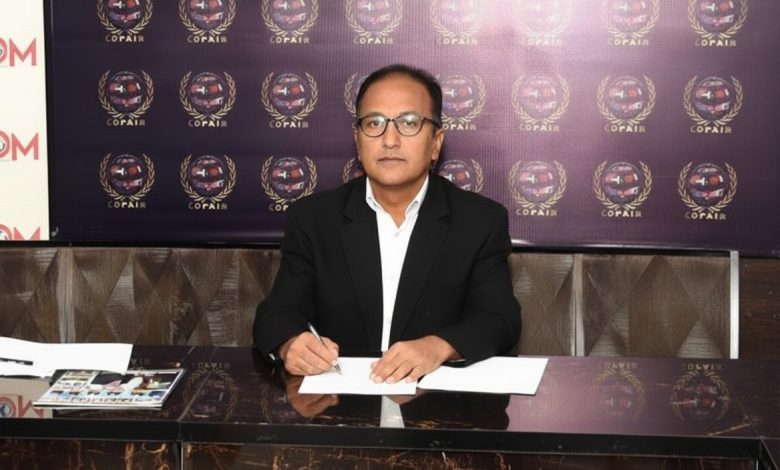
Tazeen Akhtar Urges Pakistan to Strengthen Energy and Trade Ties with Iran, Calls Sanctions an Excuse Blocking National Progress
Islamabad: Senior journalist and Editor of Pakistan in the World, Tazeen Akhtar, delivered an impassioned speech at the Pakistan–Iran Connectivity Forum in Islamabad, calling on policymakers to reorient Pakistan’s economic priorities toward its regional neighbors particularly Iran. Speaking before diplomats, business leaders, and think tank representatives, Akhtar emphasized that genuine national progress lies in regional cooperation, not in distant alliances.
Akhtar began by warmly welcoming the distinguished guests, including the Ambassador of the Islamic Republic of Iran, Dr. Reza Amiri Moghadam, and the Deputy Head of Mission from Uzbekistan, Roshan Alomov. He extended special thanks to Madam Amna Malik, Chairperson of the Center of Pakistan and International Relations (COPAIR), for organizing a timely and meaningful dialogue focused on “connectivity and cooperation.”
Describing Pakistan and Iran as countries bound by centuries of shared history, Akhtar noted, “We were once one region our connection is not new. But after the creation of Pakistan, we prioritized distant alliances over our neighbors, traveling across oceans while neglecting the natural partnerships next door.”
He lamented that Pakistan’s heavy economic burden stems primarily from dependence on imported energy, saying, “Look at our monthly budgets. What affects us most? Number one: petrol. Number two: electricity. Both are available in abundance right across our border in Iran.”
Akhtar shared his long-standing engagement with Iranian affairs, recalling meetings with several Iranian diplomats over the past two decades. He mentioned, “Fifteen years ago, the gas pipeline from Iran had already reached the border. Gwadar’s lights are powered by Iranian electricity, and Iran remains ready to provide more.” He stressed that Iran had consistently offered Pakistan access to electricity, gas, and oil resources that could transform Pakistan’s economy if utilized.
Highlighting Pakistan’s dependence on imported oil and its vulnerability to foreign influence, he remarked, “Our biggest mistake is letting American and Saudi interests dictate our national policy. We hesitate to act independently, even though Iran’s resources lie just across our border.”
Akhtar criticized the misuse of U.S. sanctions as a justification for inaction, stating, “Sanctions do not apply to essential goods like food or medicine and energy, electricity, and fuel are also basic human necessities. People in Pakistan are committing suicide because of inflation and electricity bills. This is no longer a policy issue; it’s a humanitarian crisis.”
He argued that by importing Iranian fuel and electricity, Pakistan could immediately reduce household expenses and strengthen its middle class. “Half of our life’s problems could be solved if petrol and electricity costs fell. It would uplift millions of families,” he said.
Akhtar reminded the audience that Iran had offered unwavering cooperation in infrastructure and energy despite international pressure. He also recalled high-level visits, including those of former President Asif Ali Zardari and Prime Minister Shehbaz Sharif, which symbolized the political will for cooperation that has yet to be fully implemented.
Referring to historical regional frameworks, Akhtar noted that Pakistan, Iran, and Turkey had jointly founded the Regional Cooperation for Development (RCD) in the 1960s an initiative that later evolved into the Economic Cooperation Organization (ECO). “The foundations of regional connectivity were laid decades ago by Pakistan and Iran together. We only need to revive that vision,” he said.
He concluded by appealing to Pakistan’s leadership to make bold, independent decisions in national interest: “Iran is ready. It’s Pakistan that must decide. We can either continue serving foreign powers or stand on our own feet and rebuild our economy through regional unity.”

